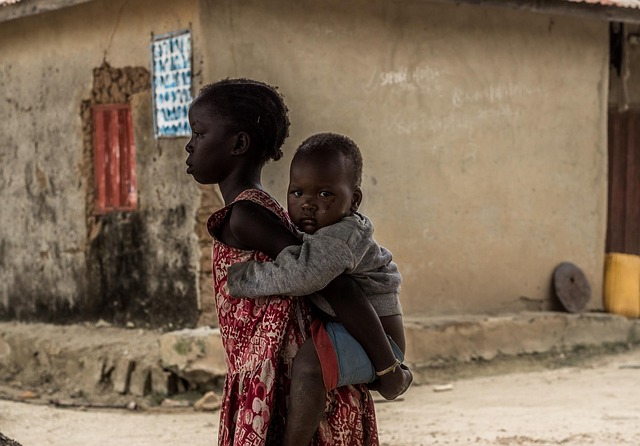In Pennsylvania, a strong legal system protects clergy sexual abuse victims and holds institutions accountable. A clergy abuse law firm in Pittsburgh PA provides guidance through complex laws, ensuring justice while maintaining confidentiality. These firms assist with evidence collection, case building, and privacy protection during sensitive handling of allegations, supporting healing and seeking justice for victims. Local support includes specialized firms, support groups, and workshops, encouraging victims to take courageous steps towards recovery.
In Pennsylvania, the clergy sexual abuse crisis demands attention and action. Many survivors in Pittsburgh and beyond seek justice and healing. If you’ve experienced sexual misconduct by a cleric, understanding your rights under Pennsylvania’s legal framework is crucial. This article guides you through navigating accusations, offering steps to take after disclosure. We also highlight resources and support available for survivors, connecting them with a clergy abuse law firm in Pittsburgh PA dedicated to helping victims find justice.
Understanding Pennsylvania's Legal Framework for Clergy Abuse

In Pennsylvania, the legal framework surrounding clergy sexual abuse is designed to protect victims and ensure accountability. If you’ve been a victim of sexual abuse by a member of the clergy in Pittsburgh or anywhere in the state, there are specific laws in place to help you. A qualified clergy abuse law firm in Pittsburgh PA can guide you through this complex legal landscape. These laws not only provide a clear pathway for victims to seek justice but also set forth strict guidelines for how religious organizations must handle allegations of sexual misconduct by their leaders.
Understanding the state’s clergy abuse laws is crucial, as they often involve unique considerations. For instance, Pennsylvania recognizes the importance of confidentiality in handling such sensitive matters, while also mandating reporting requirements for certain individuals within religious institutions. A Pittsburgh PA clergy abuse law firm can explain these laws and help victims navigate the process of seeking compensation and justice for their suffering.
Navigating the Process: Steps After Accusations of Sexual Misconduct

When accusations of sexual misconduct surface within the confines of a religious institution, it’s crucial to understand the subsequent steps involved in the process. The initial phase requires immediate and sensitive handling by all parties, especially as victims come forward to share their experiences. A trusted clergy abuse law firm in Pittsburgh, PA, can provide much-needed guidance during this delicate time.
The first course of action is to ensure the safety and well-being of the victim(s) while gathering relevant evidence. This may include documenting conversations with the accuser(s), reviewing any available records or witnesses, and consulting with legal experts specializing in clergy abuse cases. The goal is to create a robust case while respecting the privacy and rights of all individuals involved, ultimately aiming for justice and a resolution that supports the victim’s healing journey.
Finding Support and Resources for Survivors in Pittsburgh PA

Surviving clergy sexual abuse can be a challenging and isolating experience, but there is support available for individuals in Pittsburgh, PA. Many local organizations and resources are dedicated to helping survivors navigate their trauma and seek justice. One crucial step is reaching out to a reputable clergy abuse law firm in Pittsburgh, PA, which specializes in these cases and understands the unique challenges faced by victims.
These legal professionals can provide guidance, offer a safe space to share experiences, and assist with taking legal action against perpetrators. Additionally, there are support groups specifically for survivors of clergy abuse, offering a sense of community and understanding. Local churches and community centers may also host workshops or counseling sessions tailored to help individuals heal from their traumatic experiences. Remember, seeking assistance is not a sign of weakness; it’s a brave step towards recovery and ensuring accountability.



